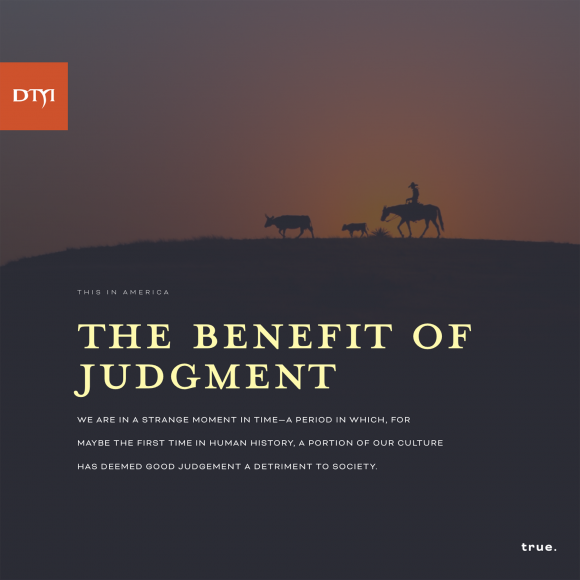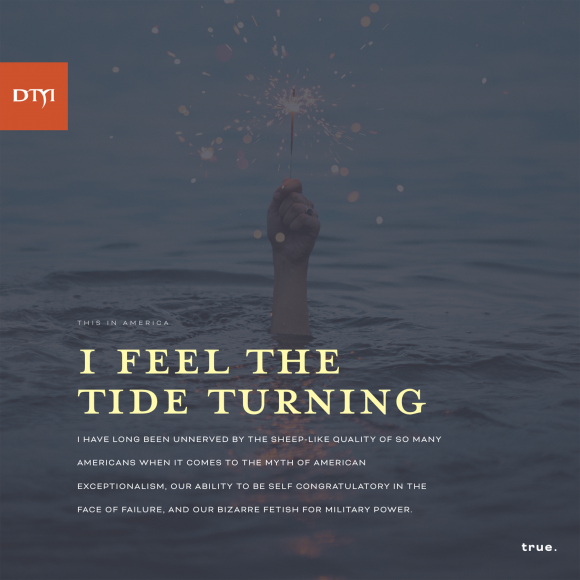“We’re going to the dump,” Jane announced.
I was lying on the sofa of a cabin in the Adirondacks. We were on vacation and I had purposely traveled thousands of miles away from home just so I wouldn’t have to do anything remotely like work. This sounded like work.
I looked up at her and asked, “Why are we going to the dump?”
“To see the bears,” she said.
They called it “the Camp.” After seeing it for the first time, I had visions of Merryl Streep and Robert Redford in East Africa lounging about in khaki with wine, candles, tents, and ten or twenty servants. You know, something quaint by the river.
I’d been decompressing for the last several days and was in a state of ignorant bliss. My brain, normally a whirlwind of activity, had hopelessly atrophied over the last couple of days and I wasn’t thinking too clearly. Maybe I hadn’t heard her right. I thought she’d said something about bears.
“The what?” I asked again.
“The bears,” she said very matter-of-factly. She might just have said, “Come on. We’re going to the grocery store to buy mayonnaise.”
Now there may be a great many people who assume there are bears at the dump, but I am not one of them. I live at the beach. I assume there are seagulls and maybe a few raccoons at our dump, but to be honest, I really wouldn’t know. I’d never before had reason to go to the dump. Truth be told, I don’t even know where our dump is and I’d certainly never been invited for a trip to see one.
“Jill says that they come down to the dump at sundown to feed,” she said. “Sometimes they even have their cubs with them.”
Jill was our host. She and her husband Jason had invited Jane and I, along with Jane’s sister Bernadette and her husband Michael, up to their cabins for a week in the woods. The cabins belonged to her Aunt who was an heir to some fortune or another.
Apparently, what I would call a resort, these people called cabins. The place was decorated in the most extravagantly subtle sort of way. The way you’d do everything if you had the money. It was like a case study into how things should be done when you don’t have to cut corners. This was of course an alien concept for me to begin with.
They called it “the Camp.” After seeing it for the first time, I had visions of Merryl Streep and Robert Redford in East Africa lounging about in khaki with wine, candles, tents, and ten or twenty servants. You know, something quaint by the river.
To me the word camp recalled memories of humid tents, clothes smelling darkly of wood-smoke and blackened hot dogs. Not to say that they were altogether unpleasant memories, it’s just that this is not what I thought of when I heard the word camp.
The main building was the Big House, which had a fully stocked kitchen, complete with a microwave, bread machine, pasta machine and every other sort of gourmet accessory you could imagine. There was a huge dining room with a table that could easily sit sixteen or so, a comfortable living room with an enormous fireplace bigger than any closet in any house I’ve ever owned, a master bedroom with it’s own bath and fireplace, several other small bedrooms, and a huge wrap-around porch.
Separated from the Big House were two, smaller cabins, one of which we were staying in, and the Bunkhouse, where children were housed when the clan got together. The bunkhouse was basically one big room full of bunk beds, perfect for kids, and well out of earshot.
Lastly there was a utility house that contained skis, snowmobile suits, an extra refrigerator and freezer, a large metal sink for cleaning fish, archery equipment…the list went on.
Our cabin alone was amazing. It sat to the far right of the compound and was closest to the boathouse. It was actually the newest of the three and consisted of one large cathedral-ceiling room with a loft-style bedroom overlooking the living area. There was a kitchenette, which consisted of a small closet containing an apartment-sized fridge, a sink, a coffee maker and a minimal, although matching, collection of dishes.
The walls of the cabin were tongue and groove pine planks, floor to ceiling. In one corner was an old, hand-made wooden canoe suspended in the air by a series of ropes and pulleys.
Along one wall were built-in shelves stacked with books of all sorts ranging from gardening to mysteries, personal essays to political thrillers. Somewhat typical for a vacation house except for the fact that most had been autographed by the author with a personal note to our absent hosts.
Everywhere you looked there was Adirondack paraphernalia. In any other home, it would have seemed ridiculous and out of place, but here it looked perfectly reasonable. After all, where else but in the Adirondacks could you decorate a cabin with birch bark lampshades and tree trunk benches and not look stupid?
The paths around the camp were covered with mulch and lined on each side with Birch saplings. To the far right of the cabins sat the boathouse. Inside were all manner of equipment for life on the lake. There was a traditional wooden lake boat that would have made Norman Thayer proud, as well as a more practical if not less romantic, metal fishing boat. You could also find kayaks, canoes, windsurfers, and not one, but two sailboats.
If fishing was your thing, there was an entire wall devoted to fishing poles of all shapes and sizes, as well as an enormous tackle box filled with every conceivable piece of tackle: hook, line, and sinker.
This, I thought to myself, is what Heaven must be like.
The Bible speaks of how difficult it is for a rich man to enter the Kingdom of Heaven. I decided that the reason could possibly be that many wealthy people would simply get to Heaven and think to themselves, “Oh, it’s just like my summer home.”
We were to be here a week. We had already spent several days lounging about the lake, fishing, creating fabulous meals, reading, laughing and lying in the sun.
But today, we were looking for bears.
We all piled into two cars and went barreling off down the gravel road. The weather was absolutely beautiful with temperatures hanging in the mid seventies and low humidity (at home they were having a record heat wave with temperatures reaching triple digits).
We got to the entrance of the dump and turned in. The thought of seeing wild bears had everyone pretty excited and we’d brought all manner of cameras and binoculars.
“So what are we supposed to do if the bears come after us?” I asked.
Everyone just stared at me blankly. My wife shook her head.
“What?” I asked. “It could happen.” No one answered.
It seemed a reasonable question to me. The television is full of stories of animals attacking people armed with video cameras. Maybe some animals just don’t like to be photographed. What do I know? I didn’t even know bears liked to hang at the dump.
We walked to the edge of a paved plateau that sat nearly fifty feet above the outlying area. From here we had a perfect vantage point that looked out across a sea of trash that rose and fell in waves as far as the eye could see. Even the dumps are better looking here, I thought.
The sun was setting, and shone with that exotic glow you only experience at dusk. The colors had gathered a saturated, brilliant appearance that sang in the air and everything seemed to vibrate in tune to some unheard song. The birds chattered away in the trees and the dogs panted at our sides. It was a life-altering moment.
We didn’t see any bears.
Sometimes, that’s the way it is though. We didn’t find what we were looking for but in the middle of a dump in upstate New York I experienced something that will be with me for the rest of my life.
And the thing I’ll remember is not the extravagant living, or opulent cabins, though they were indeed nice and obviously had an impact on me. No, the memories I go back to in my mind are the simple ones. Sitting quietly on a deck by the water, basking in the sun and reading. Lying in the bottom of an old metal boat with a fishing pole between my knees and a breeze in my hair. And of a trip to see a bear where none were to be found.
In fact, one day I’m sure I’ll be sitting in an old folks home with a plastic cup of unfinished Jell-O® in front of me and I’ll be telling my nurse, the one I think looks like my Aunt Carolyn, about this one glorious day I had at a dump in upstate New York.
She’ll smile condescendingly; adjust her bra and wonder, not for the last time, why she never finished medical school.
But I’ll be gone. I’ll be at that dump, looking for bears. And I’ll already be in heaven.






